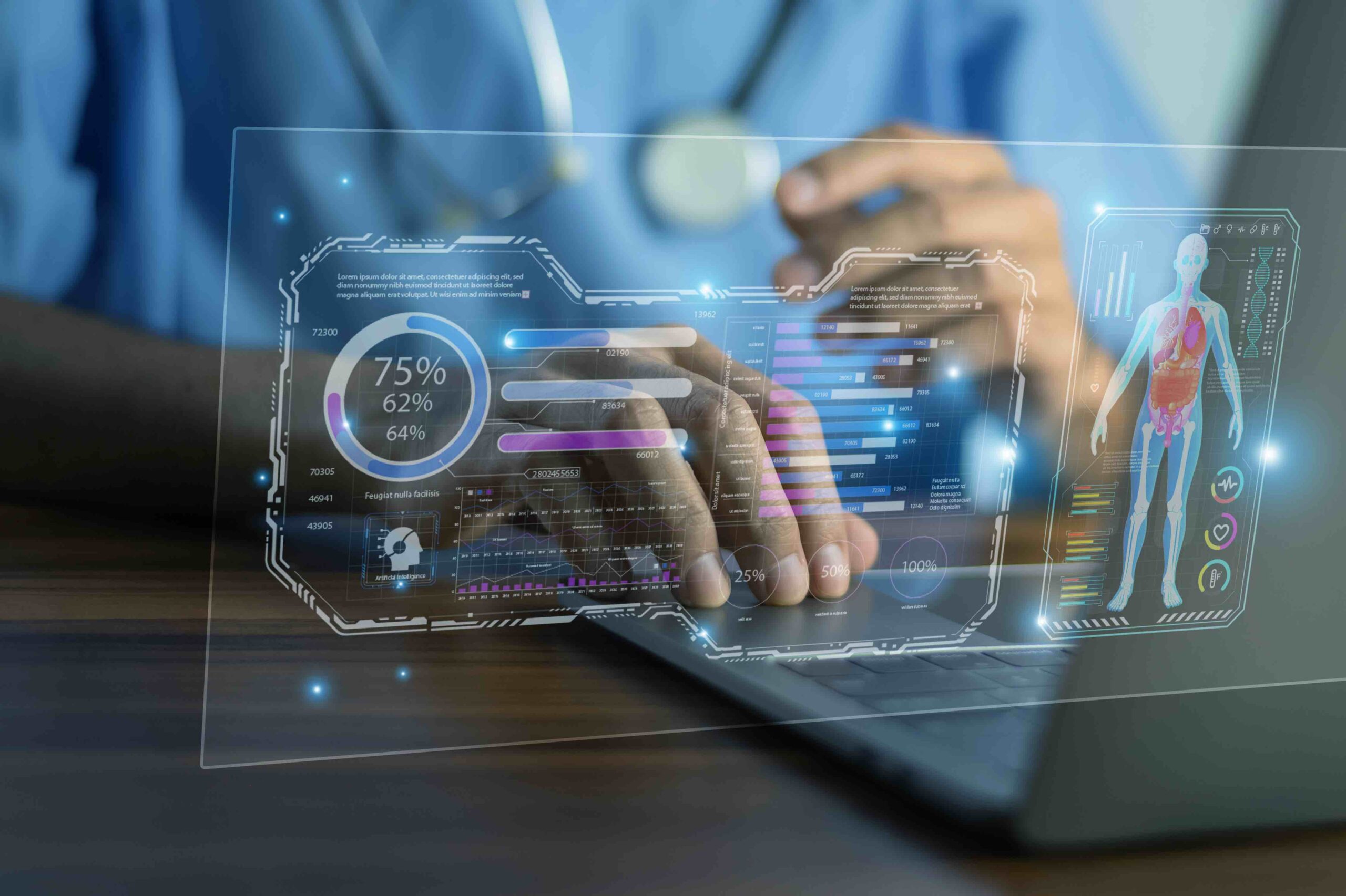Healthcare is no longer confined to hospitals, paper charts, or in-person consultations. In today’s world, technology is reshaping medicine at every level improving diagnosis, treatment, patient engagement, and even the way healthcare systems operate. The sector is undergoing one of the most significant transformations in history, and the impact will only deepen in the coming years.
1. Artificial Intelligence and Data-Driven Diagnosis
Artificial Intelligence (AI) is emerging as a cornerstone of modern healthcare. Algorithms can now analyze medical images, detect anomalies in scans, and even predict disease risks earlier than traditional methods. For example, AI-driven tools can identify signs of cancer, diabetes-related eye diseases, or heart complications with remarkable accuracy. Beyond diagnosis, AI is also helping doctors personalize treatment plans by analyzing patient histories, genetics, and lifestyle data.
2. Telemedicine and Remote Care
The pandemic accelerated telemedicine adoption, but what started as a necessity has now become mainstream. Patients can consult with doctors from anywhere, saving time and reducing strain on healthcare facilities. Remote monitoring devices—like wearable heart rate monitors or glucose sensors—allow physicians to track patient health continuously. This means healthcare is shifting from reactive to proactive, with interventions happening before conditions escalate.
3. Robotics and Precision Surgery
Robotic-assisted surgery is transforming complex procedures, offering unparalleled precision and smaller incisions. Surgeons can perform operations with enhanced visualization and control, leading to faster recovery times and fewer complications. These technologies are expanding access to high-quality surgical care, even in regions with limited expertise, through robotic tele-surgery systems.
4. Genomics and Personalized Medicine
Advances in genetic sequencing have made personalized medicine a reality. Instead of one-size-fits-all treatments, doctors can now tailor therapies to an individual’s genetic profile. This is particularly impactful in cancer treatment, where targeted therapies can improve effectiveness while reducing side effects. The next frontier is predictive genomics, where genetic data could forecast health risks long before symptoms appear.
5. Blockchain and Healthcare Records
Patient records have historically been fragmented and vulnerable to breaches. Blockchain technology promises a more secure, transparent, and interoperable way to manage health data. Patients could own and control their records, sharing them seamlessly across providers, reducing duplication, and improving continuity of care.
6. The Rise of Preventive and Consumer-Driven Health Tech
Wearables, mobile apps, and digital health platforms are empowering individuals to take charge of their well-being. From tracking sleep and fitness to monitoring mental health, these tools shift healthcare’s focus from treating illness to maintaining wellness. The consumerization of healthcare is pushing the industry toward a more patient-centered model.
Healthcare’s future is one where technology does not replace human expertise but amplifies it. Doctors gain sharper tools, patients gain more control, and systems gain efficiency. The convergence of AI, genomics, robotics, and digital health will continue to blur the lines between medical science and technology innovation.
The question is no longer whether technology will revolutionize healthcare—it already has. The real opportunity lies in how societies, governments, and healthcare organizations adapt to ensure these advancements are accessible, ethical, and equitable.
Read more on Crenov8:
Addressing Barriers for Women’s Health Through At-Home Care and Diagnostic Solutions






